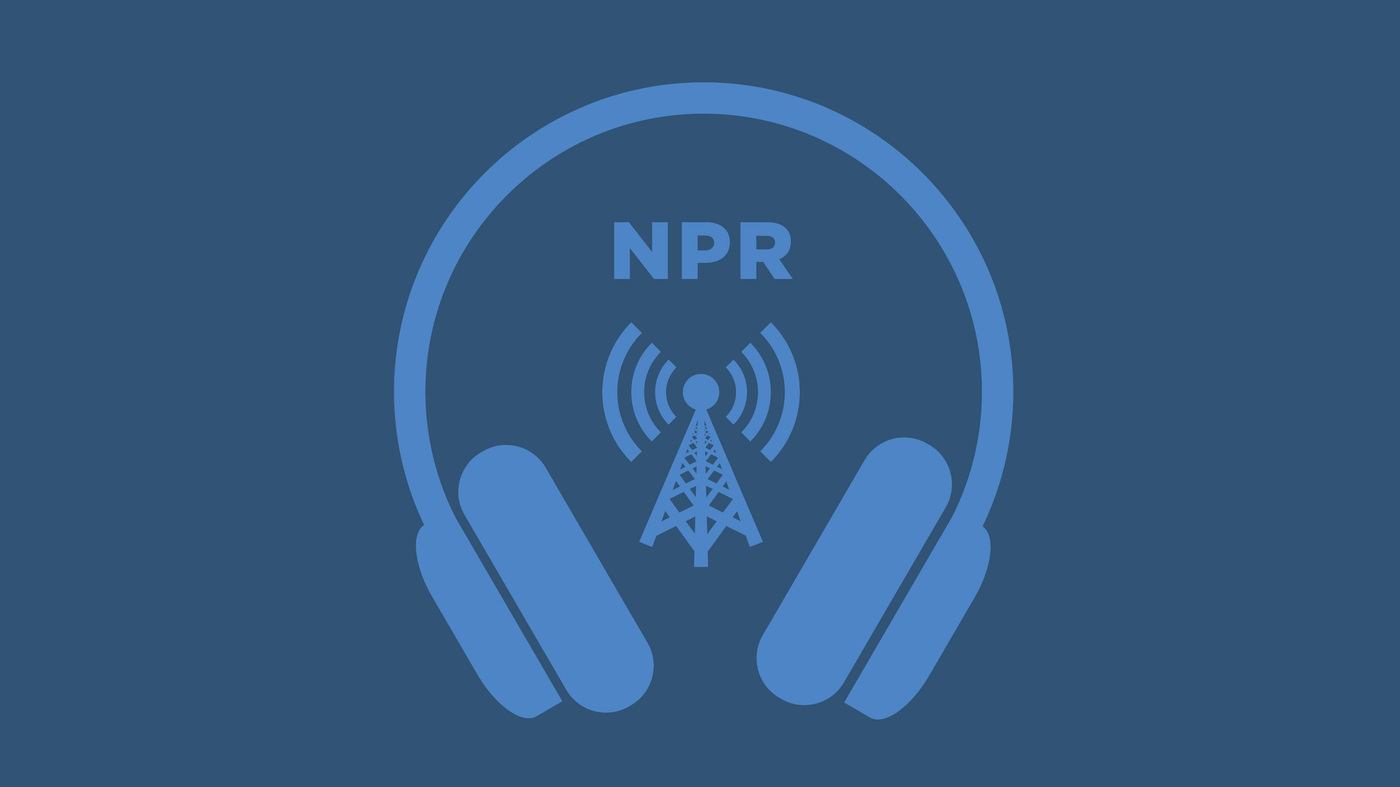President Biden is sending federal resources to the Midwest following devastating tornadoes. He’ll also try to muster support for the Build Back Better bill this week.
DON GONYEA, HOST:
President Biden has ordered federal resources be surged immediately to communities like Mayfield hit by the tornadoes. Joining me now with details is NPR White House correspondent Asma Khalid. Good morning, Asma.
ASMA KHALID, BYLINE: Good morning, Don.
GONYEA: So the president gave brief remarks yesterday about the damage in the Midwest. What did he say?
KHALID: You know, he spoke about the devastating damage that resulted as result of the tornadoes. And from a logistical standpoint, he has approved an emergency declaration for the state of Kentucky. In layman’s terms, Don, this means that the federal government will be coordinating the response with the local community. It authorizes the Department of Homeland Security and FEMA – the Federal Emergency Management Agency – to coordinate all disaster relief efforts and alleviate any hardships that recovery might pose on the local population.
GONYEA: Kentucky was hit particularly hard. Governor Andy Beshear says he expects the death toll could reach 100 or more. I understand Biden has been talking to Beshear and to other governors.
KHALID: Yes, the president spoke yesterday with the governors of Arkansas, Illinois, Missouri, Kentucky and Tennessee to express his condolences and also offer any assistance. These tornadoes are being described as some of the worst in recent history, and the president publicly reiterated that he’s working with governors to ensure they have whatever resources they need to search for survivors and assess any damage.
(SOUNDBITE OF ARCHIVED RECORDING)
PRESIDENT JOE BIDEN: I want folks in all these states to know we’re going to get through this. We’re going to get through this together. And the federal government is not going to walk away. This is one of those times when we aren’t Democrats or Republicans. Sounds like hyperbole, but it’s real. We’re all Americans.
GONYEA: And, Asma, I’m struck by the president’s last line there. He often speaks nostalgically about a United States of America where Republicans and Democrats can get along. And yet not all Democrats are even on agreement on his signature social spending bill.
KHALID: You’re right, Don. I mean, the president is trying to get Congress to pass this Build Back Better agenda, as it’s known, and it has been extraordinarily tough even within his own party.
GONYEA: So to keep Democrats together, he’s planning to meet with perhaps the most critical vote on that bill – Democratic Senator Joe Manchin. That’s this week. Why is this meeting so important?
KHALID: You know, this is a big social safety net package that he is trying to get passed through Congress. It would essentially transform a lot of life as folks know it now. It’s $1.8 trillion of investments in health care, child care and climate. And not a single Republican is going to vote for this bill, which means the president needs every Democrat on board. And one of the biggest holdouts to date has been West Virginia Senator Joe Manchin. He’s already forced Democrats to pare the bill down. It was meant to be closer to $3 trillion. But even now, with the slimmed down version, it’s not clear Manchin will vote for it. He has said he has deep reservations that more government spending could exacerbate inflation by injecting more money into the economy. And in his view, this could overstimulate demand at a time when there are already supply chain shortages, and we’ve been seeing price increases.
GONYEA: The news last week that consumer prices rose nearly 7% in November compared to a year earlier probably won’t make Biden’s effort any easier. Do you have a sense of how he will make the case?
KHALID: You know, the country has not seen this sort of inflation in four decades. I would say it’s since probably before I was born. I mean, this is a very serious political problem. And the White House had been, I would say, to some degree, underestimating how much of a persistent concern this would be for voters. In recent weeks, I’ve noticed the White House take a more proactive, empathetic approach. I was on a call with an economic adviser from the White House just this past week before the inflation numbers came out, and there did seem to be a greater recognition of the pain that people are feeling, as opposed to just insisting that this is transitory. It’s going to go away. Or it’s a result of pandemic supply chain issues, which is what, you know, we had been hearing from the White House for a few months.
But look. When it comes to this Build Back Better agenda, the president points to the fact that a number of Nobel Prize-winning economists say it will not hurt inflation and that it will actually help curb inflation by lowering costs for things like drug prices or child care. I will say that while that is empirically true, it is just not something a lot of folks can relate to as much as the very real, tangible feeling they have when they look at their receipts when they walk out of a grocery store these days.
GONYEA: That’s NPR White House correspondent Asma Khalid. Asma, thanks.
KHALID: My pleasure.
Copyright © 2021 NPR. All rights reserved. Visit our website terms of use and permissions pages at www.npr.org for further information.
NPR transcripts are created on a rush deadline by Verb8tm, Inc., an NPR contractor, and produced using a proprietary transcription process developed with NPR. This text may not be in its final form and may be updated or revised in the future. Accuracy and availability may vary. The authoritative record of NPR’s programming is the audio record.
